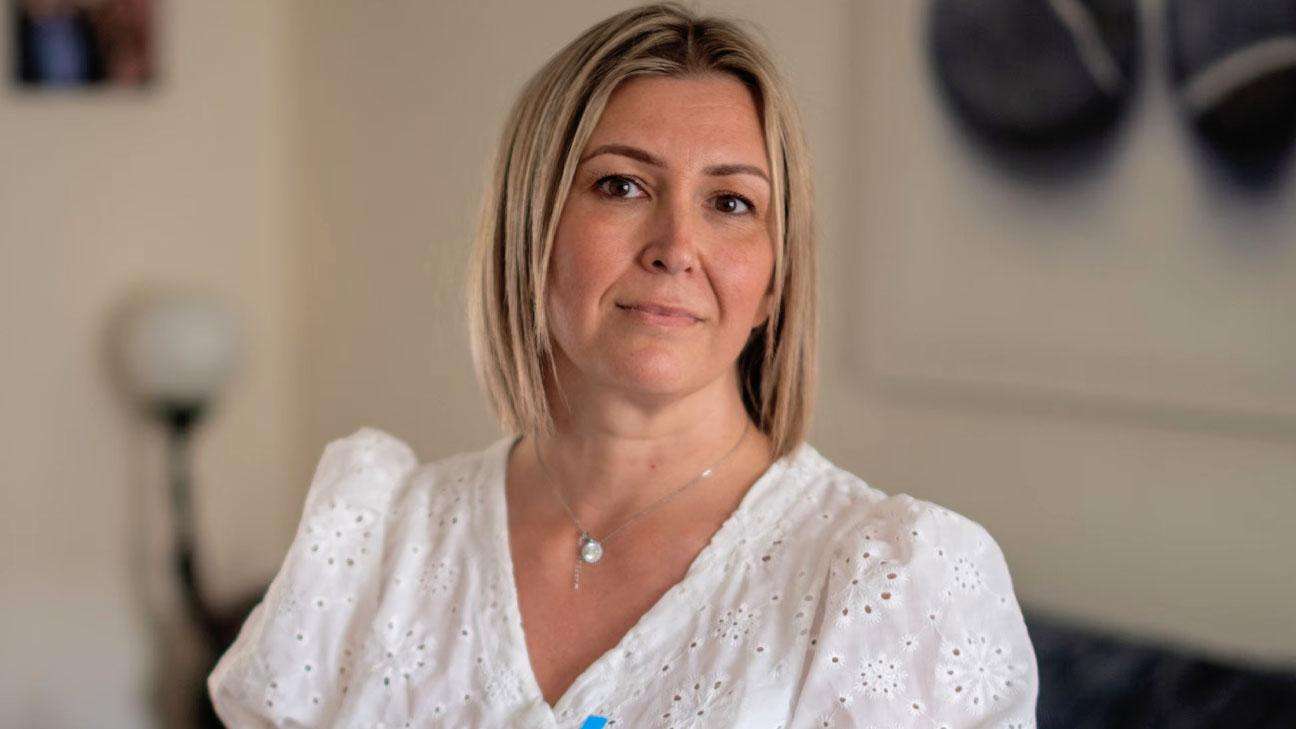A student midwife, who has completed 2,300 hours of unpaid placement within the NHS, is voicing concerns that she may be unable to secure a job after graduation — and is calling for guaranteed employment for newly qualified midwives to prevent them from leaving the profession before even starting.
Aimee Peach, 43, is expected to finish her studies next summer. However, she says the expectation of employment after her three-year degree has now “collapsed,” despite a national midwifery shortage.
“It’s an enormous waste of talent, training, and public funding, and ultimately, it’s families who will suffer,” Peach said. “We’ve worked so hard for this, but now we’re having to face the reality that there are barely any jobs available.”
A recent Royal College of Midwives (RCM) survey revealed that 80% of midwifery students graduating this year lack confidence in securing a job, even as maternity units struggle with staffing shortages. Some units have had to shut temporarily due to unsafe staffing levels. The RCM says budget constraints and hiring freezes have left managers unable to recruit, even though they’re eager to bring in more staff.
Fiona Gibb, RCM’s director of midwifery, said: “Staffing shortfalls are consistently linked to risks in care, and midwives regularly tell us they’re stretched too thin to provide the quality care they want to give. Despite this, new graduates are finding very few opportunities to begin their careers.”
Peach, based in Bridgwater, Somerset, has balanced academic work, practical placements, and raising her three children throughout her degree. Midwifery students must complete 2,300 clinical hours and assist in the delivery of 40 babies to qualify.
She believed the career would offer both personal fulfilment and greater financial stability, while allowing her to support better maternity care.
“These last few years have been incredibly tough—physically and emotionally—but I was driven by a clear purpose,” she said. “Nobody chooses midwifery because it’s easy. It’s something you do out of deep passion.”
That dedication saw her through unpaid 12-hour shifts, often overnight. At times, she even slept in her car during placements over 80 miles from home. Now, she fears it may have all been in vain. “It’s terrifying to think we might not find jobs after everything we’ve given,” she said.
Earlier this month, Peach wrote to her local MP, Ashley Fox, to raise the issue. She noted that a recent nationwide search for Band 5 (entry-level) midwife positions showed just four vacancies across England, even as the country faces a reported shortfall of more than 2,500 midwives.
“I’ve personally witnessed how dangerous understaffing and burnout can be in maternity care, yet there are thousands of qualified midwives struggling to find work,” she wrote. “The problem isn’t a lack of trained professionals—it’s a lack of funded roles.”
In her letter, Peach urged Fox to support guaranteed employment for newly qualified midwives, increased maternity funding, and student debt cancellation for healthcare workers who commit to five years of NHS service.
Fox responded by saying he would look for an opportunity to raise the matter in Parliament.
Gibb echoed the concerns: “To improve safety in maternity care, we must ensure there are enough midwives with the right expertise in the right places. We’re urging all four UK governments to reassess their workforce strategies and stop the recruitment freezes preventing families from receiving proper care.”
A Department of Health and Social Care spokesperson acknowledged the issue: “It’s unacceptable that aspiring nurses and midwives like Aimee are struggling to find roles. NHS England has launched a programme working with employers, universities, and unions to address this issue.”
The spokesperson added that the NHS workforce plan will be updated later this year to ensure staff are appropriately placed and equipped to meet patients’ needs.








.svg)




_1.jpg)